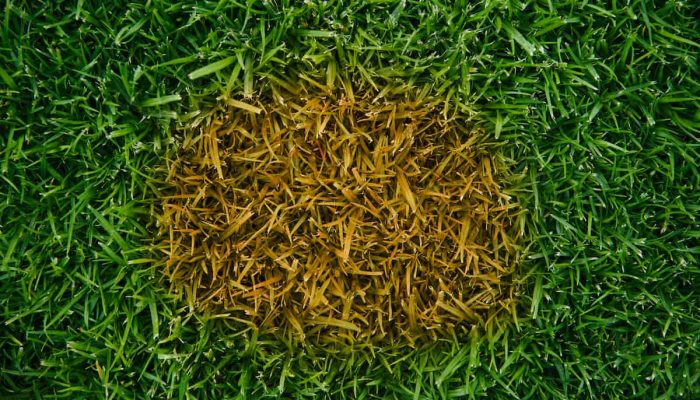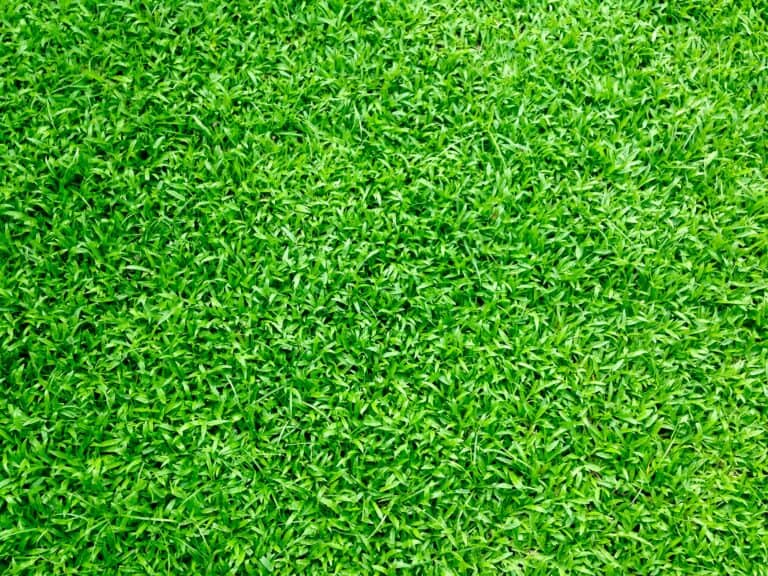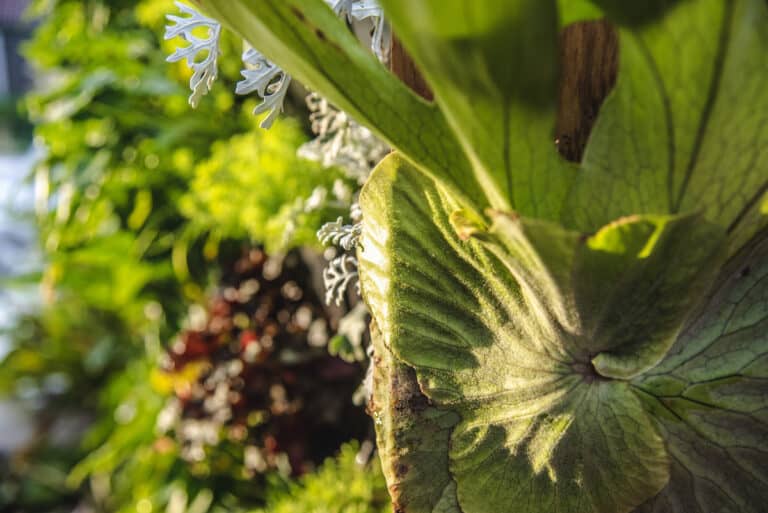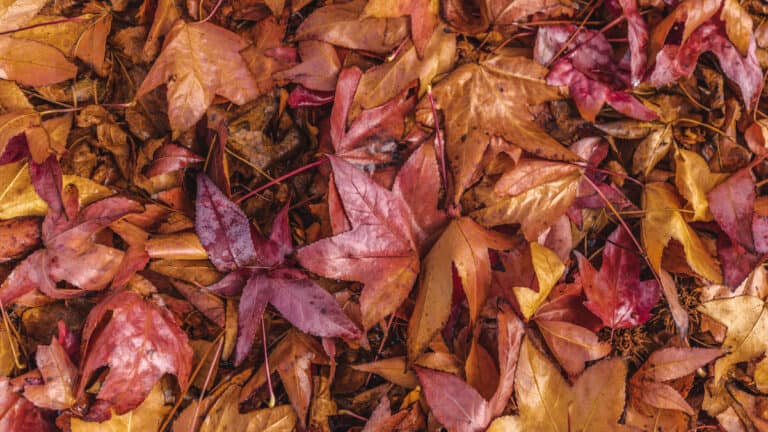Is your once-lush green lawn starting to resemble a patchwork quilt of brown spots? Don’t despair; your lawn is trying to tell you something. In this guide to lawn care, we’ll explore various causes of those frustrating brown patches and provide tips on how to rejuvenate your turf.
Lawn care requires vigilance, especially when the dreaded brown patches begin to appear. These patches, while common, can be a sign of various underlying issues. From fungal infections to watering mistakes, many factors can lead to these unsightly spots.
To know how to treat the causes, you need to know some of the most common ones and how to deal with them. Different causes need different ways to fight back.
Common causes for brown grass patches or dead spots?
- Chemical burn: too much fertiliser in one spot,wrong herbicide or pesticide use.
Solution: Try not to over fertilise your lawn. Read the directions on the pack. Go easy when hand fertilising. Using the correct tools like a fertiliser spreader to provide the right dosage with pellets fertiliser or hose down using liquid fertiliser.
Definitely do not fertilise on a hot day as this might be counterproductive and create more dead lawn patches. Water down the lawn properly after fertilisation, this will allow the nutrients to get deep down to the roots and help promote growth. If in doubt, call us!
- Thatch : the dead undergrowth in the lawn that is accumulating resulting in dead grass.
Solution: Dethatch your lawn by removing the excess dead grass from underneath (raking works well) the area that has gone brown or dead.
Aerate your soil to promote new growth as well as allowing water, air and nutrients to reach the roots.
- Grubs: beetle larvae that grow and feed on your lawn roots causing the brown spots. How to know if you have grubs: pull out a chunk of the brown patch and check for beetles/larvae in the soil. Anything between 6 to 10 and you have an issue.
Solution:
No chemical treatment grass defenders – Introducing beneficial nematodes into your lawn that will feed on the grubs killing them before they do damage. Nematodes destroy insects in the soil and can eradicate grub infection pretty quickly. Using Neem oil (follow bottle direction) is another natural way to get rid of them.
Chemical application : Acelepryn Gr can be spread and watered in the soil to kill most bugs, beetles and other critters eating at your healthy lawn. It will kill the bugs and the eggs before they can do more damage. Follow the directions on the pack properly.
- Fungal infection known as Rhizoctonia: caused by high humidity levels and hot temperatures (Summer and Spring times). Poor soil conditions will also increase fungal infection and create dead grass patches.
Solution: apply a fungicide to get rid of the fungal infection. It might be hard to know which type of fungicide to use. The correct product will be more beneficial to your lawn and help get rid of the fungus at the root system.
Professional help might be needed if you are not sure about how to proceed. Various fungicides work at different rates. Call us and we can help.
- Improper mowing techniques: how hard can it be?? Let me tell you that for novices, mowing might be a bit challenging and daunting. You only know how to do it properly after make a few mistakes along the way!
Solution: Check your mower blades and have them sharpened if needed. Scalping your green lawn may be the cause of dry patches, mowing the grass higher can help. Cutting grass too short may lead to dead grass, try cutting only ⅓ of your grass. Get a professional to do it for you. Get an easy maintenance solution for your total garden care here.
- Over watering: too much water might be another cause of brown dead grass patches.
Solution: Adjust your sprinkler times to suit the season. Maybe your reticulation system is not giving the right coverage to the garden area. Your reticulation system might be in need of professional help. Give us a call and we can solve this issue for you.
- Poor soil conditions: where the soil lacks nutrients to feed the grass root system.
Solution: Poor soil conditions can cause brown, bare patches in your otherwise green, healthy lawn. How to test?: push a long-head screwdriver deep into the soil. Much resistance means that the ground needs aeration.
Consider covering the lawn area with some top-dressing to add beneficial organic matter into the soil and provide nutrients to the struggling grass roots. This will promote growth and soon, brown patches will be a thing of the past.
Try aerating your soil around the brown patch and fertilise accordingly. Water the lawn to allow the nutrients to go deep in the soil for pelletised fertiliser or use your hose to apply liquid types fertiliser easily.
- Pet urine: mainly dog urine is high in nitrogen, it can cause browning and dead grass.
Solution: Dog urine can create brown spots in your healthy green lawn being very high in nitrogen. Female dogs are more likely to cause this issue as they pee in one spot,whereas male dogs tend to “spread out” to mark their territory!
Rake up as much of the patchy, dead, brown area(s) as you possibly can and cover the area(s) with a top dressing. Spread some grass seeds if needed for quicker coverage or be patient and allow the healthy grass to cover the dressing at its own rate. Water daily for the first 2 weeks – hose it down or set up the reticulation as required to promote growth.
By understanding the causes of brown patches on your lawn and adopting a proactive lawn care routine, you can restore your grass to its lush, green glory. Remember, a healthy lawn not only enhances your property’s curb appeal but also provides a welcoming outdoor space for you and your family to enjoy.
Make life easier and let us deal with your lawn maintenance. Get your beautiful, healthy green lawn back no matter the season. Call us now!












